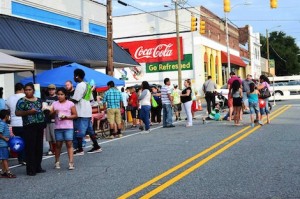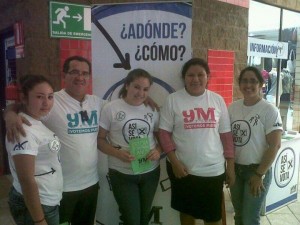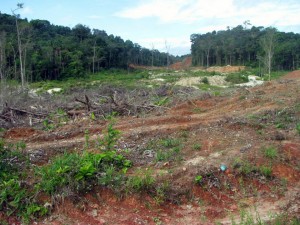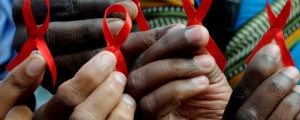
In Southeastern U.S., Poultry and Migration Booms Change the Face of Rural America
As supply chains are integrated, families are fractured. Governments herald the economic integration while dismissing as irrelevant the human impact. One industry – poultry production – demonstrates the social costs of “free



